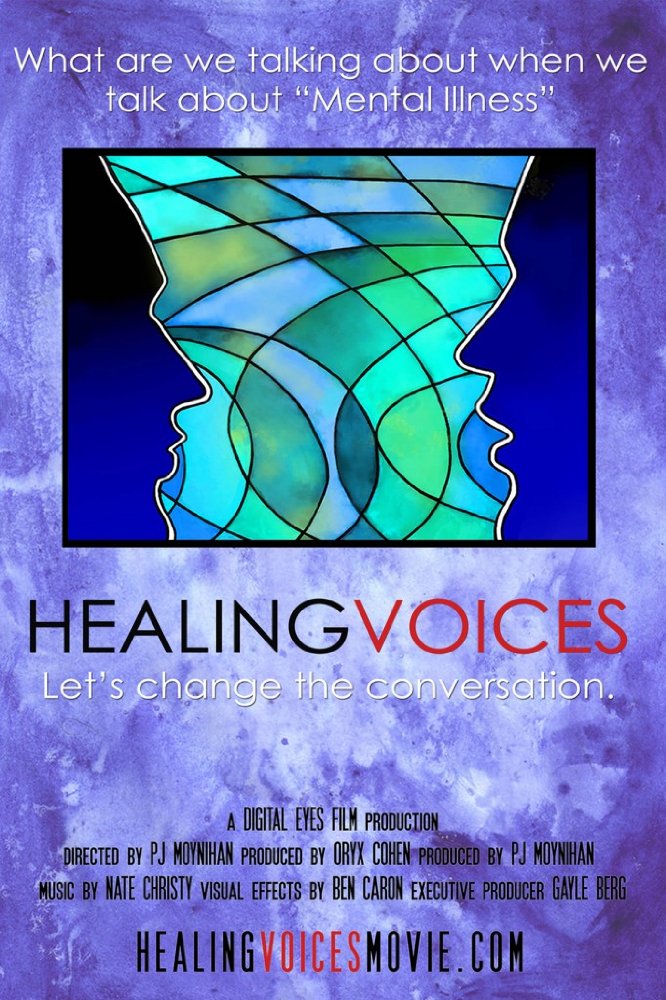
Sometimes, life seems like an endless cycle of trials and tribulations. When we’re caught in the midst of adversity, the idea of cultivating gratitude might feel like a tall order.
However, as challenging as it might be, expressing thankfulness in all circumstances is not just a noble gesture but also a transformative tool that can change our lives for the better.
Gratitude, in its simplest form, is acknowledging the good in our lives. But it’s more than just enumerating our blessings. It requires us to change our perspective, look beyond our current circumstances, and see the silver linings even in the darkest clouds.
This shift in perspective enables us to experience peace and joy even amid trials.
Gratitude is not just an emotion; it’s an act of faith. It calls for us to trust in the unseen, to believe in the promise of better days, and to hold on to hope even when our situation seems hopeless.
Gratitude is a testament to our belief that all things work together for our good, no matter how seemingly insignificant.
The Healing Power of Gratitude
Gratitude has a profound healing effect. It soothes our souls lifts our spirits, and broadens our perspective. It allows us to look beyond our pain and see the blessings within our trials.
It helps us understand that our trials are not punishments but rather opportunities for growth and self-realization.
In uncertain times, gratitude becomes a beacon of hope.
Focusing on what we are thankful for can provide solace and strength when our future seems unclear and our path fraught with obstacles. Even when we can’t change our circumstances, we can change our reaction to them.
By choosing to be grateful, we see life not as a series of problems but as a journey of learning and growth.
Transformative Power of Gratitude
Gratitude holds a transformative power. It can turn trials into blessings, sorrow into joy, and despair into hope. It can change our hearts, our minds, and our lives.
It’s not about ignoring our problems or pretending that everything is perfect. It’s about finding beauty and goodness amidst the chaos and difficulty.
Gratitude is a catalyst for change.
It sparks a shift in our mindset, helping us to see the world and ourselves in a new light. It encourages us to focus on possibilities instead of limitations, on strengths instead of weaknesses, and on solutions instead of problems.
Gratitude inspires us to become the best version of ourselves, to aim higher, and to strive harder.
In times of grief, gratitude can be a source of comfort and healing. It reminds us of the love, joy, and beauty we’ve experienced, even when we’re currently enveloped in sorrow.
It provides a sense of perspective, helping us to remember that even in our darkest moments, there is still light to be found.
The Role of Faith in Cultivating Gratitude
Faith plays a crucial role in cultivating gratitude. Faith reassures us that we are not alone in our struggles and that there is a higher power guiding and supporting us.
It encourages us to trust in the process, believe in life’s goodness, and hold on to hope even when it seems elusive. Gratitude and faith are intertwined, each one strengthening the other.
Life is full of trials and tribulations, but it is also filled with blessings and miracles.
Gratitude helps us to see and appreciate these blessings, even amid trials. It encourages
us to shift our perspective, to focus on the positive, and to trust in the promise of better days. Whether we’re facing a minor setback or a major calamity, gratitude can guide us through. It can heal our hearts, lift our spirits, and transform our lives.
Let’s embrace a spirit of gratitude, not only in times of abundance and ease, but also — and perhaps most importantly — in times of trials and adversity.
Because it is in these moments, when we are most challenged, that we have the greatest opportunity to grow, to learn, and to become the best version of ourselves.
Written by Sarah Edwards, Project Associate of TPCT. Want to get to know me? Say hi! https://liinks.co/setapartcompany
Disclaimer: Sarah Edwards is not a certified or licensed mental health professional—instead, someone sharing real-life experiences and findings for others to find commonality and seek actionable steps.





